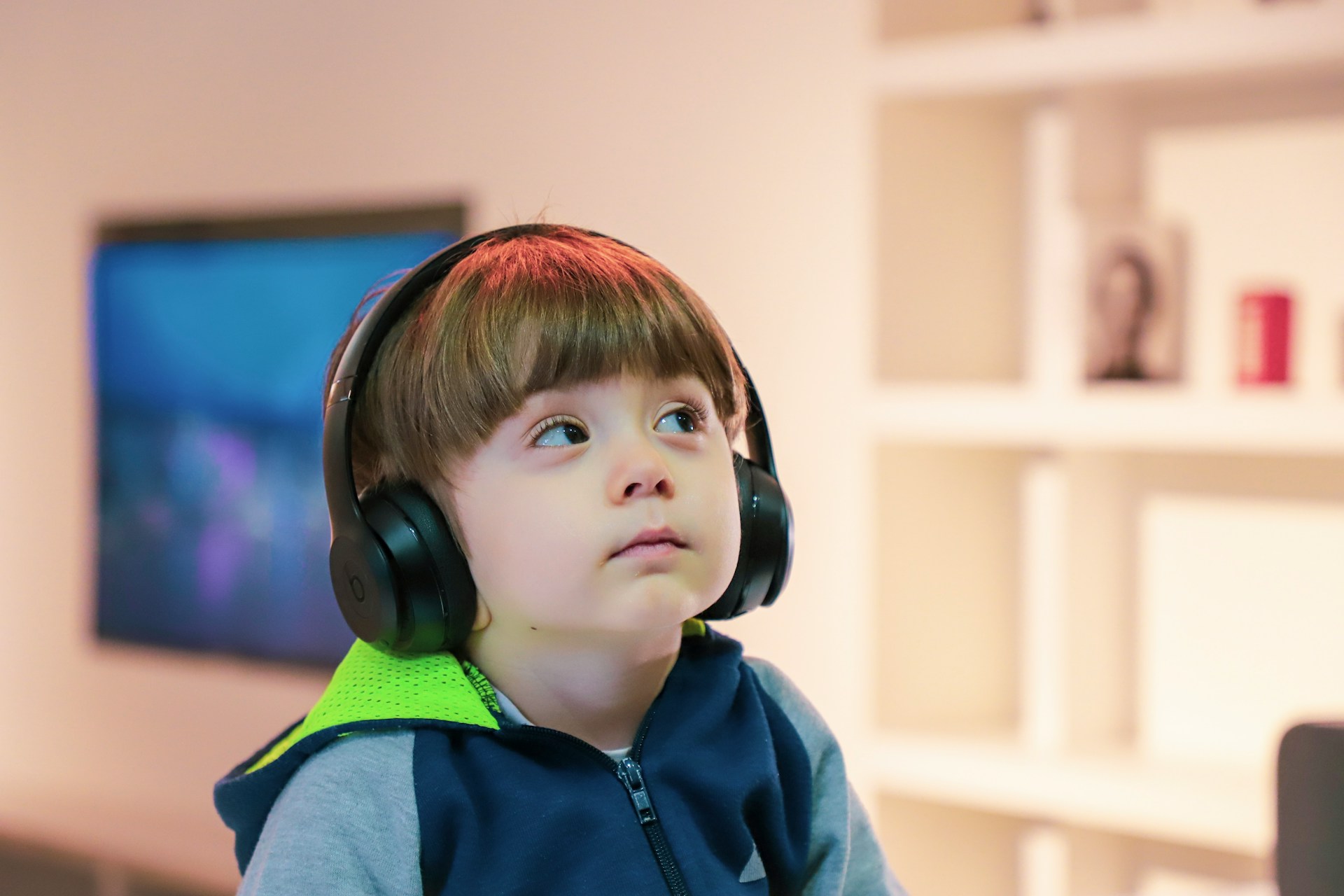Clinician Highlight: Ingrid (Inka) Z. Guerzon, MSN, FNP-BC, NP-C, PMGT-BC, CPAN
We are thrilled to welcome Inka Z. Guerzon, a skilled and compassionate Family Nurse Practitioner (FNP) with a diverse background in pain management, post-anesthesia care, and psychiatric-mental health nursing. With over a decade of experience in various clinical settings, Ingrid brings a wealth of knowledge and expertise to her practice. Inka has worked at Cedars-Sinai Medical Center in Los Angeles where she provided specialized care on the Inpatient Acute Pain Unit. Here, she collaborated with a multidisciplinary team to develop tailored pain management plans for patients. Her background in post-anesthesia care informs her holistic approach, ensuring that each patient’s recovery process is as smooth and comfortable as possible. Inka’s commitment to advancing her knowledge and skills is evident in her pursuit of a Post-Master’s Psychiatric-Mental Health Nurse Practitioner certificate, which she completed in 2024. This additional training allows her to better serve individuals with mental health needs, integrating psychiatric care …





